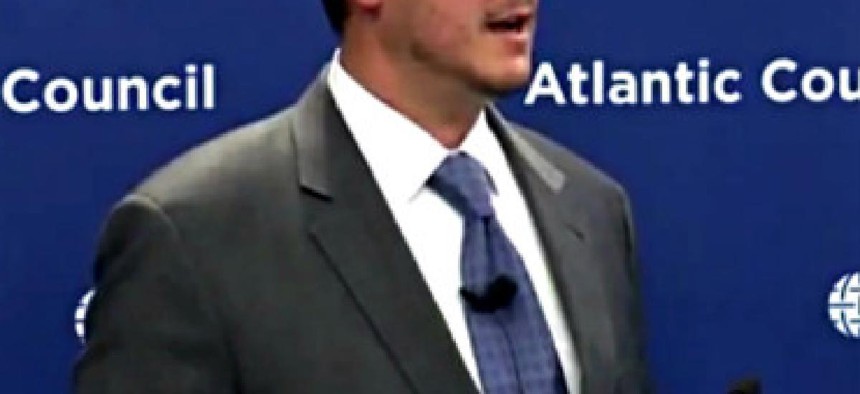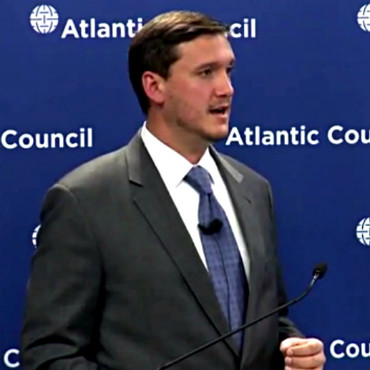Trump taps Bush veteran as homeland security adviser

Tom Bossert will serve as Assistant to the President for Homeland Security and Counterterrorism, and have a lead role in the Trump administration on cyber policy.

In late December, President-elect Donald Trump tapped former George W. Bush administration national security aide Thomas Bossert as his homeland security adviser and announced plans to elevate the position within the White House.
Bossert, the President-elect said in a Dec. 27 announcement, will serve as assistant to the president for homeland security and counterterrorism. He will be one of President Trump's top cybersecurity advisers and will coordinate the cabinet's process for formulating and executing policy.
Currently, the counterterrorism adviser is a deputy to the White House national security adviser. But with Bossert's choice, the Trump administration announced plans to elevate and restore the role "to its independent status alongside the National Security Advisor," it said.
While Bossert will focus on domestic and transnational security priorities, the President-elect's pick for national security adviser, Gen. Michael Flynn, will focus on international security, according to the announcement.
"I am looking forward to working closely with Gen. Flynn as we together help the President-elect advance the interests of the United States and its allies," Bossert said in the announcement. “Further, I also look forward to maintaining a strong, deeply respectful relationship with the governors, mayors, police and fire fighters, emergency managers, EMS professionals, and public health officials that constitute the backbone of our homeland security and our National preparedness."
In 2007, as senior director for preparedness policy in the White House's Homeland Security Council, Bossert championed closer information sharing among federal, state and local governments. He worked to coordinate federally funded fusion centers nationwide.
According to the President-elect's statement, he also spearheaded efforts to improve civil government operations, coauthored and edited the National Strategy for Homeland Security of 2007, was a principal author of the lessons learned report on the Hurricane Katrina response and was deeply involved in the effort to develop the U.S. cybersecurity strategy.
In the Dec. 27 statement, Bossert said the U.S. should develop a "cyber doctrine that reflects the wisdom of free markets, private competition and the important but limited role of government in establishing and enforcing the rule of law, honoring the rights of personal property, the benefits of free and fair trade, and the fundamental principles of liberty."


